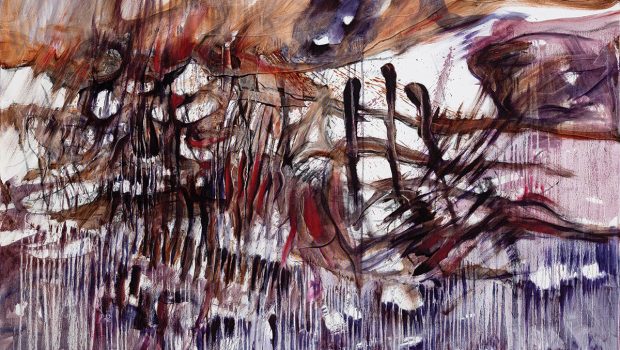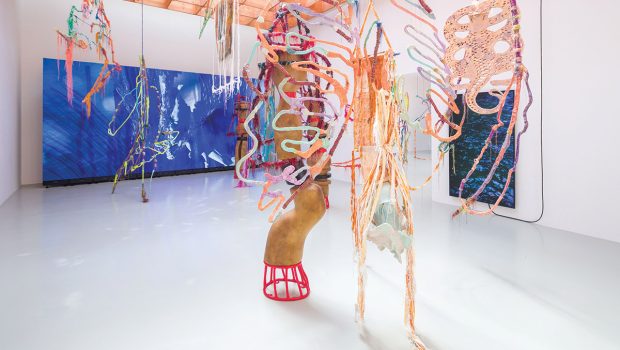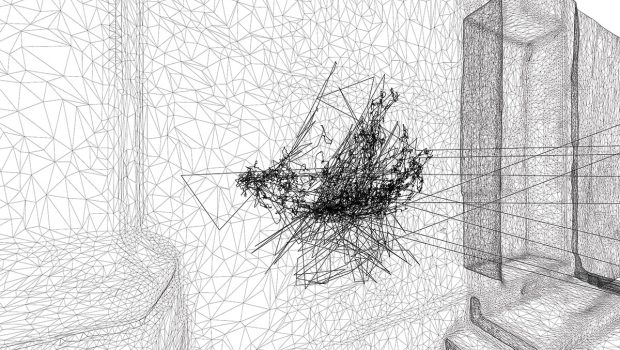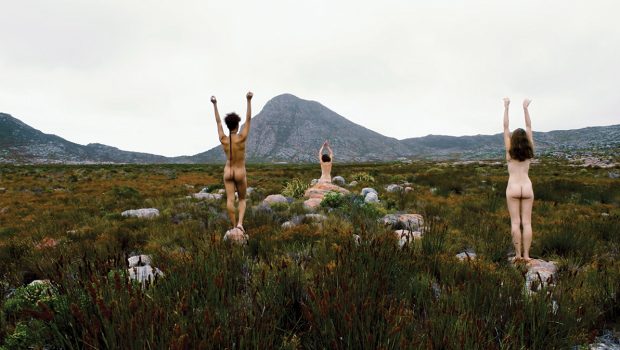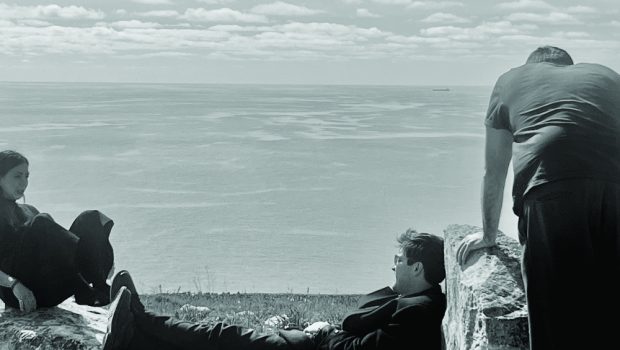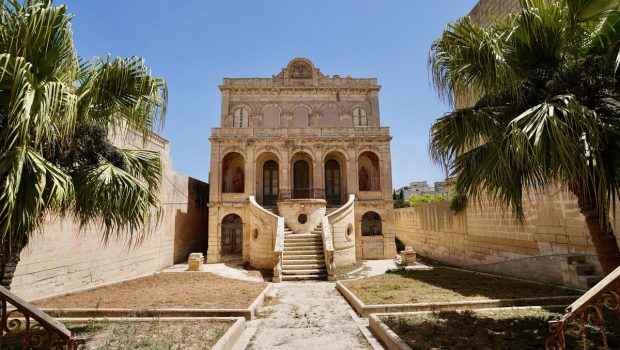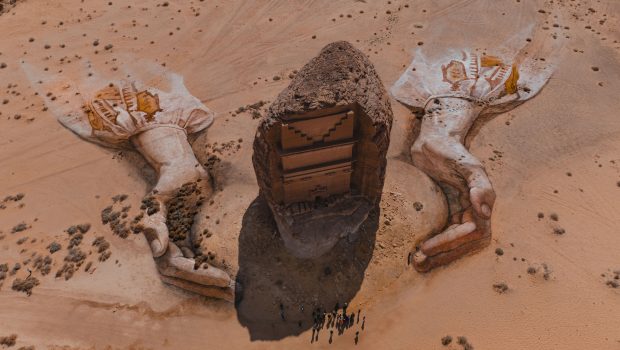Thriving in Uncertainty
We are living uncertain times, just as so many did before us. Uncertainty is no new agent to the human condition, and yet it makes us feel as if the stable grounding of the past is disintegrating into a swamp of unknowable futures. How dreadfully exciting.
The 59th International Art Exhibition of La Biennale di Venezia is titled The Milk of Dreams, a concept conceived and organised in a period of enormous instability and uncertainty. However, curator Cecilia Alemani established that this year’s Biennale; “is not an exhibition about the pandemic, but it inevitably registers the upheavals of our era. In times like this, as the history of La Biennale di Venezia clearly shows, art and artists can help us imagine new modes of coexistence and infinite new possibilities of transformation.”
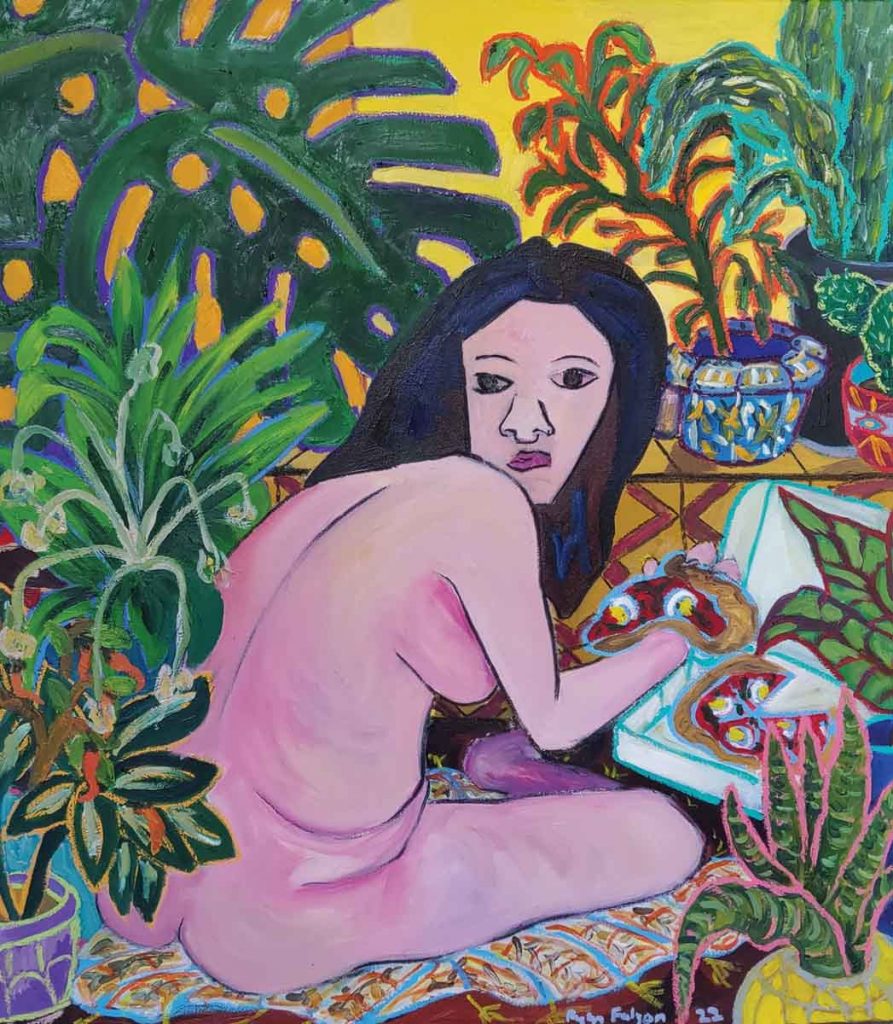
Whilst Malta participates with a pavilion titled Diplomazija astuta, primarily focussed on re-articulating Caravaggio’s seminal altarpiece The Beheading of St John the Baptist (1608), I feel it is essential to put into context the island’s vast and various output of artistic work during this time of such instability and uncertainty. Artists and creatives have continued to question and challenge the micro and macro worlds around them, all in an attempt to re-imagine new modes of co-existing and transforming.
Born out of the pandemic’s upheaval and the digital age, Ryan Falzon is one of the island’s leading contemporary painters. In his Botanika series back in 2020 and his current exhibition Friends with Plants, Falzon’s work concerns plants and our personal experiences of isolation. Whilst we transitioned from the forced slow pace of life to the grim perspective of catastrophic death rates and the crippling uncertainty of a pandemic that was only ever meant to last a few weeks, plants kept filling and cluttering our indoor spaces, giving much-needed hope, tranquillity and growth to those who share space with them. His paintings present us with these narratives and stills that we can all relate to; “here I am, here I am not, am I being missed, are you being missed. Friends With Plants is about isolation, the need for company and the tranquillity of solitude.”
Also concerned with the human condition but confronting it differently, Gabriel Buttigieg’s drawings and paintings explore primordial, tribal, Mediterranean and Grecian, myths and legends, conceptualising them in a contemporary context. His current exhibition Four Seasons: A Reflection of Archetypal Imagery, invites us to stand still and deliberate on all that makes humanity unique. His work depicts the underbelly and shadow of the human race in the same glorious, paradoxical manner in which he represents the sublime, offering “a possibility to ponder on meanings and interpretations of what it means to be alive, fully cognisant and sensitive to life.”
With the first lockdown hitting our shores in March 2020, four artists-friends were quick to react to the pandemic and the isolation it brought artists and audiences by organising a live-streaming festival featuring local and international musicians and artists who shared their work from their own living room straight to ours. The Lockdown Festival was created by Zoe Camilleri, Keit Bonnici, Niels Plotard and Vegard Flatoey, professional artists themselves who worked to each other’s strengths and started a festival feeling of community and purpose that touched on a global scale. The festival went on to win a European Citizen’s Prize.
Strength in numbers prevails, as can also be seen in the year-long project Debatable Land(s), which saw the participation of 53 collaborators who were part of debates and exhibitions around the island. Debatable Land(s)can be described as “an experimental spatial installation, and the first chapter of a year-long project dealing with mechanisms of space appropriation and their historical and current deviations, employing Malta, an island state in the Mediterranean Sea with a long colonial past, as an artistic case-study.” The final three-day exhibition with performative interventions explored how territories, lands and spaces are formed and what conflicting interests influence these delineations. This collaborative project was released by Maren Richter and Klaus Schafler from the Grammar of Urgencies Collective, Greta Muscat Azzopardi, and Margerita Pulè from Unfinished Art Space.
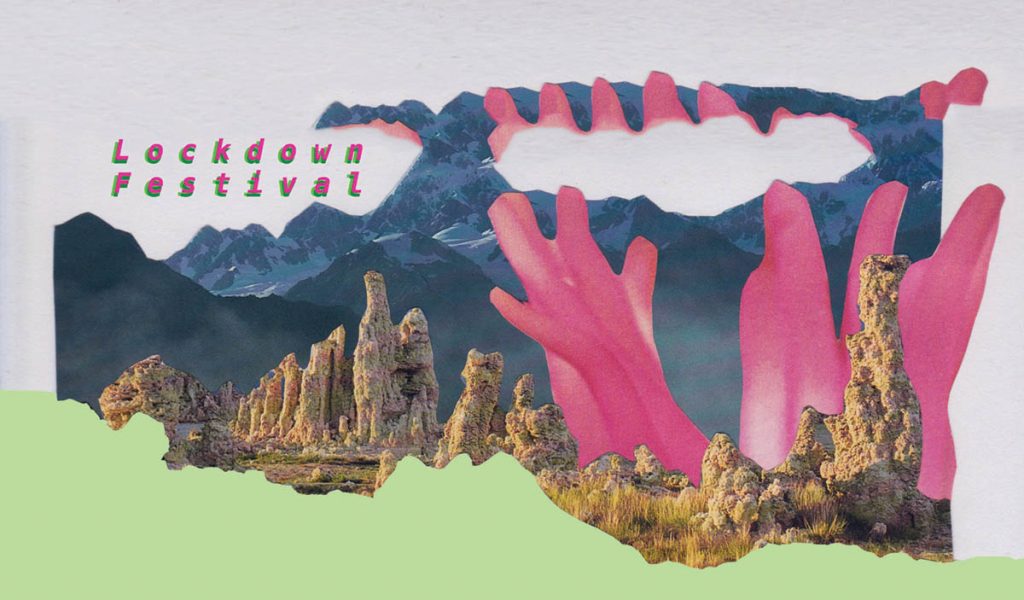
Showing this month in Malta, Pulè from Unfinished Art Space, in collaboration with Elise Billiard, curated The Ordinary Lives of Women, an exhibition focusing on recognising the value of everyday women and women’s contribution to humanity. The group show explored how ‘ordinary’ women have been pushed to extraordinary acts when their rights and lives, and those of their societies, have come under threat. When circumstances dictate, women emerge from their traditional domestic roles to adopt a revolutionary stance – “a Feminism of the ordinary.”
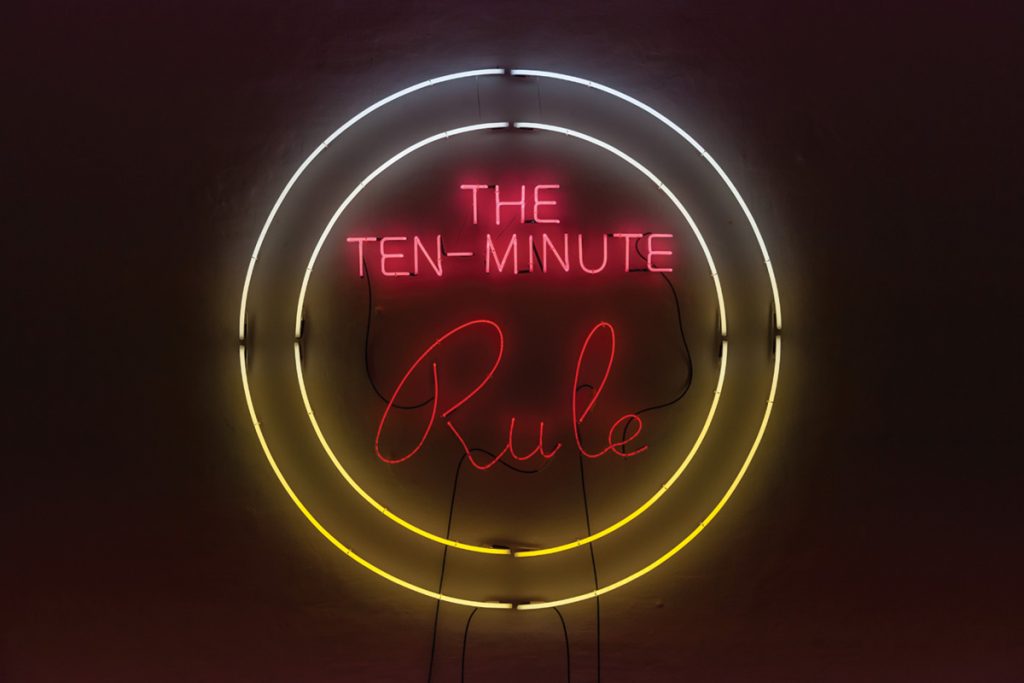
Charlie Cauchi is one of the artists to participate in this exhibition. Her work explores the peep show booth, something of a relic of the past, as she transports us to 1960s Soho using an intimate form of address associated with the peep show. Her work explores notions of agency, alliance, and reliance concerning the female body. Soho has been the subject of her research for a few years, having given us the exhibition Scheherazade back in 2020, and also currently working on a feature documentary exploring the Maltese connection to the Vice trade in Soho. All her work falls under the umbrella of Latitude 36; her socially engaged transmedia project focuses on Maltese individuals and community groups located in different parts of the world and their tales of what it means to leave home. Seeking new insight into the Maltese emigration experience and to promote discussion, all her work aims to creatively engender new perspectives on issues of migration, memory and identity.
Cauchi is also involved in the organisation of Rosa Kwir; an experimental, virtual and physical archive revolving around alternative notions of masculinity – bringing together stories of trans men, non-binary and LBQI masculine-presenting people in Malta. Rosa Kwir, title of which was inspired by a story dating back to 1774 when Rosa Mifsud, a 17 year old intersex person, petitioned for a change in sex from female to male, is the brainchild of artist and filmmaker Romeo Roxman Gatt, whose research into trans and lesbian histories highlighted the lack of representation in a Maltese context; “I’ve rarely come across references to trans men, gender non-conforming people, non-binary people in books. There is hardly any discourse or visual representations of trans masculinity, female masculinity and butch lesbians concerning my own country.”
The island continues to see countless other artists create work and seek audiences and communities with whom they can engage and grow. Charlene Galea’s recent work Sober Blackout questioned the stigmas and stereotypes around mental health, escapism, truth-telling and natural healing. Created out of personal urgency, Charlene sought the living room of a friend’s home, where she invited her audience to attend her thirty-minute confessional performance, the audience being her therapists – “who is responsible for my mental health?” she asks.
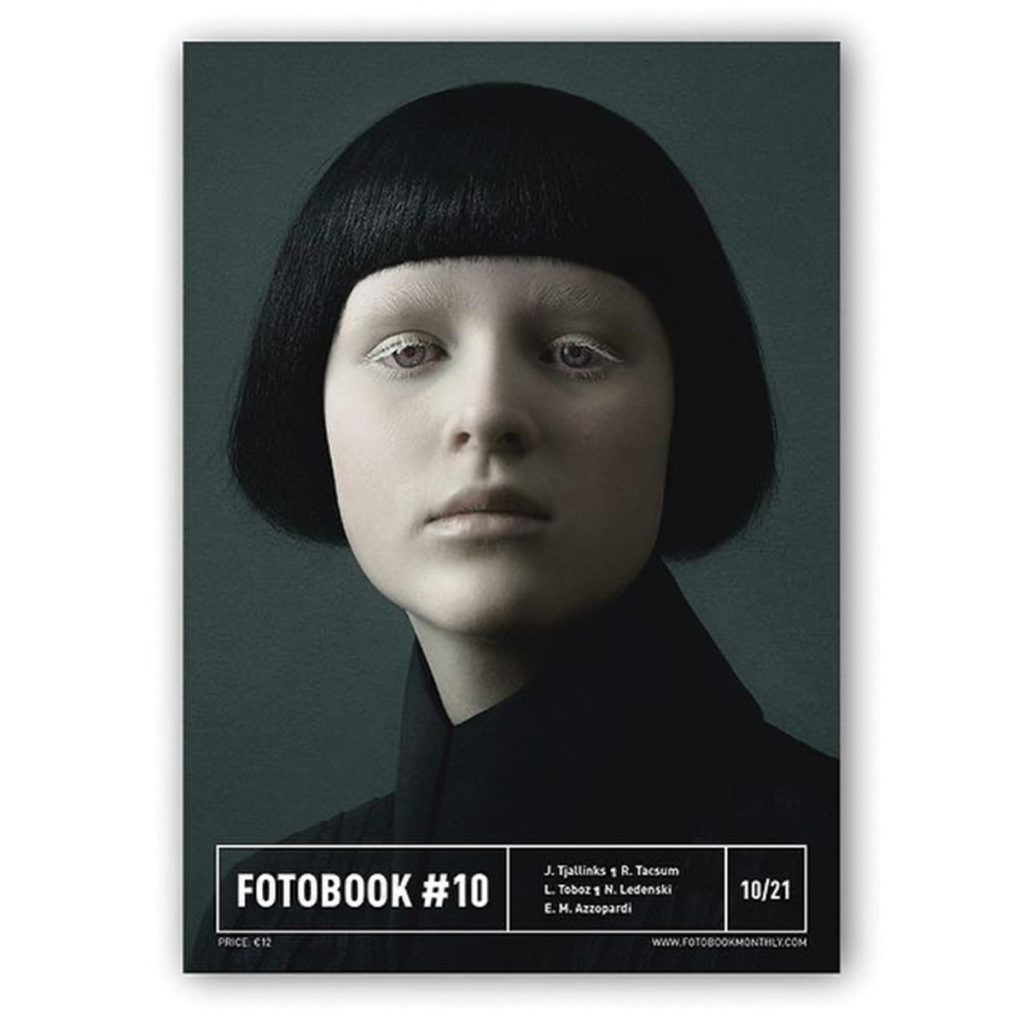
In the world of photography, Zvezdan Reljic persists with the production of his FOTOBOOK, a monthly magazine presenting the works of local and international photographers. With no style or visual language connecting these photographs, FOTOBOOK serves as a way for us to discover photographers who present photographs that are original, untouched by commercial pressures or unnecessary retouching.
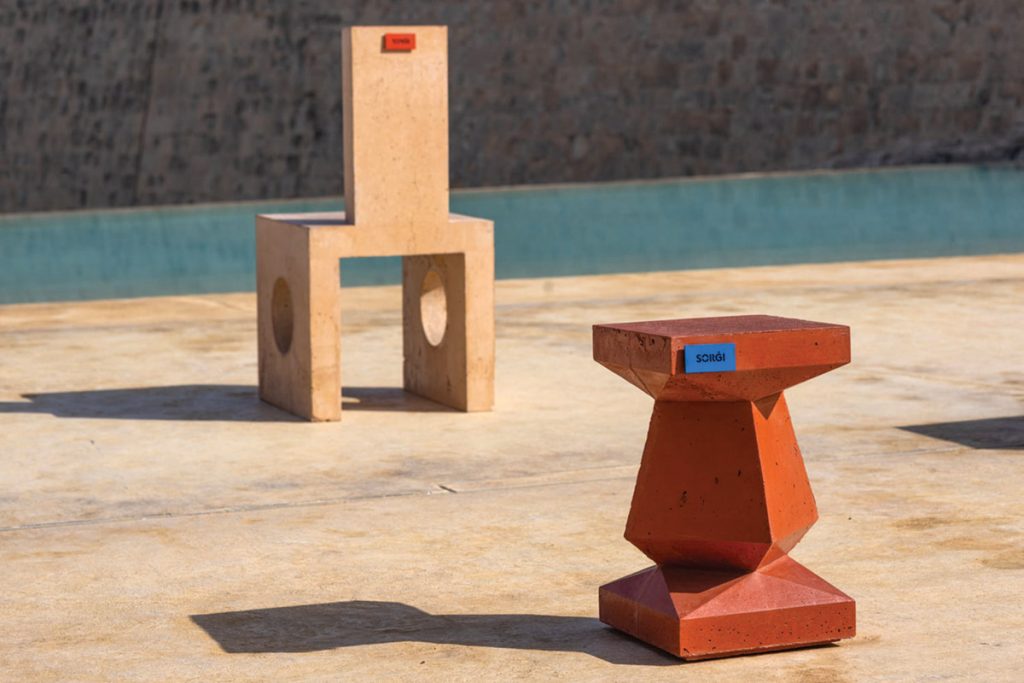
Anna Horvath from AHA Objects, also gave us SORĠI, an ongoing research project about opportunities for circularity in Malta, whose first outcome was an outdoor furniture collection for public spaces, highly critical of the booming construction industry. Six benches inspired by six buildings affected by the local construction frenzy stand both as a memento of today’s choices and a suggestion for tomorrow’s actions. Every piece is made of recycled construction waste and tells the story of the building that inspired it, contributing to the need for tangible solutions to the sheer amount of discarded materials that keeps accumulating on the island while promoting circularity and raising awareness on environmental issues within a larger audience.
We are living in uncertain times. But this is not an article about the pandemic. It is about how the unpredictability of uncertainty can allow for transitions and become fertile ground for meaningful change and lasting transformation. And like Carrington’s Milk of Dreams, we must continue to re-envision through the prism of the imagination. Let us live in a world where everyone can change and be transformed. Let us thrive in uncertainty.


